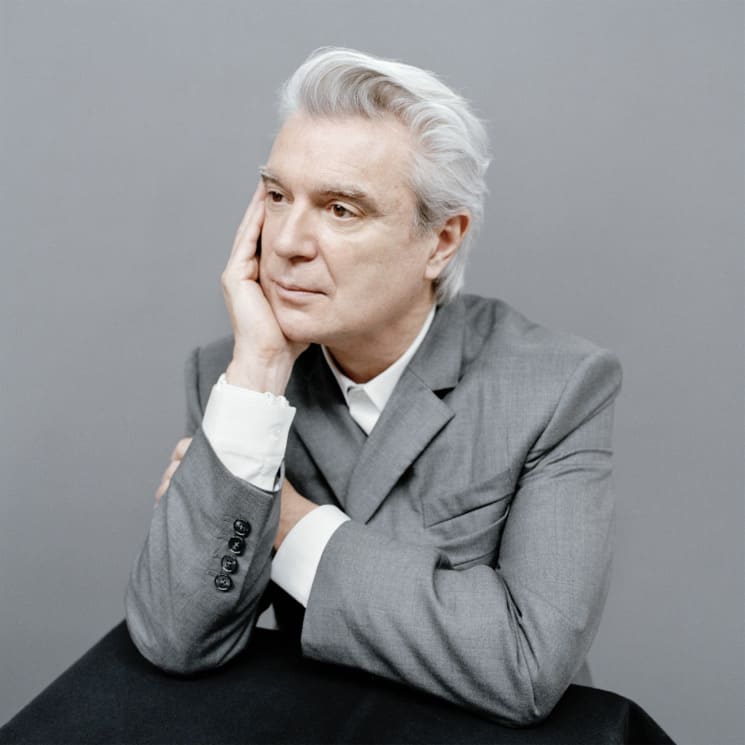David Byrne has shared a lengthy pro-socialism essay about his thoughts on the global handling of the COVID-19 pandemic titled "The World Is Changing — So Can We."
In the piece, the Talking Heads hero points to successful models of containment in countries like South Korea, Taiwan and Singapore, noting how citizens and government have worked together by implementing widespread testing for the virus, enforced quarantines and thorough screenings, as well as other measures.
He deduced that these countries were better able to control the spread of coronavirus by giving up certain freedoms that we have yet to. In the essay, he calls for a move in the West to work in more socialized ways if we want to see similar results, calling for "collective action" and pleading for us to see "how connected we all are."
Read an excerpt from his essay below:
It's ironic that as the pandemic forces us into our separate corners, it's also showing us how intricately we are all connected. It's revealing the many ways that our lives intersect almost without our noticing. And it's showing us just how tenuous our existence becomes when we try to abandon those connections and distance from one another. Health care, housing, race, inequality, the climate — we're all in the same leaky boat.
In emergencies, citizens can suddenly cooperate and collaborate. Change can happen. We're going to need to work together as the effects of climate change ramp up. In order for capitalism to survive in any form, we will have to be a little more socialist. Here is an opportunity for us to see things differently — to see that we really are all connected — and adjust our behavior accordingly.
An abridged version of Byrne's piece appeared in the Wall Street Journal on Friday (March 27). The unabridged version was later published to his online magazine, Reasons to Be Cheerful. You can read his full essay here.
In the piece, the Talking Heads hero points to successful models of containment in countries like South Korea, Taiwan and Singapore, noting how citizens and government have worked together by implementing widespread testing for the virus, enforced quarantines and thorough screenings, as well as other measures.
He deduced that these countries were better able to control the spread of coronavirus by giving up certain freedoms that we have yet to. In the essay, he calls for a move in the West to work in more socialized ways if we want to see similar results, calling for "collective action" and pleading for us to see "how connected we all are."
Read an excerpt from his essay below:
It's ironic that as the pandemic forces us into our separate corners, it's also showing us how intricately we are all connected. It's revealing the many ways that our lives intersect almost without our noticing. And it's showing us just how tenuous our existence becomes when we try to abandon those connections and distance from one another. Health care, housing, race, inequality, the climate — we're all in the same leaky boat.
In emergencies, citizens can suddenly cooperate and collaborate. Change can happen. We're going to need to work together as the effects of climate change ramp up. In order for capitalism to survive in any form, we will have to be a little more socialist. Here is an opportunity for us to see things differently — to see that we really are all connected — and adjust our behavior accordingly.
An abridged version of Byrne's piece appeared in the Wall Street Journal on Friday (March 27). The unabridged version was later published to his online magazine, Reasons to Be Cheerful. You can read his full essay here.
